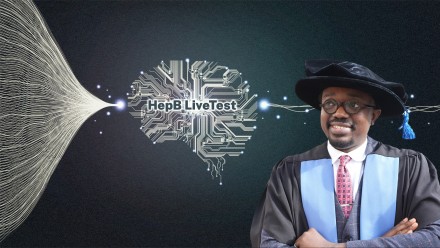Anaemia among Aboriginal and Torres Strait Islander children and women in Australia: Assessing risk factors and control strategy
Anaemia has been defined as low blood haemoglobin levels—a major public health problem among Aboriginal and Torres Strait Islander children and women in Australia. The high prevalence of anaemia was found in children younger than five years and pregnant women of Aboriginal and Torres Strait Islander populations with lower socioeconomic status compared with other Australians. Micronutrient deficiency (including iron, folate and vitamin C deficiency), infection, inflammation and genetic conditions have been considered the major causes of anaemia worldwide. This project will assess the socioeconomic, behavioural, biological and dietary risk factors associated with anaemia and propose potential prevention and control strategies for anaemia among Aboriginal and Torres Strait Islander children and women in Australia.






